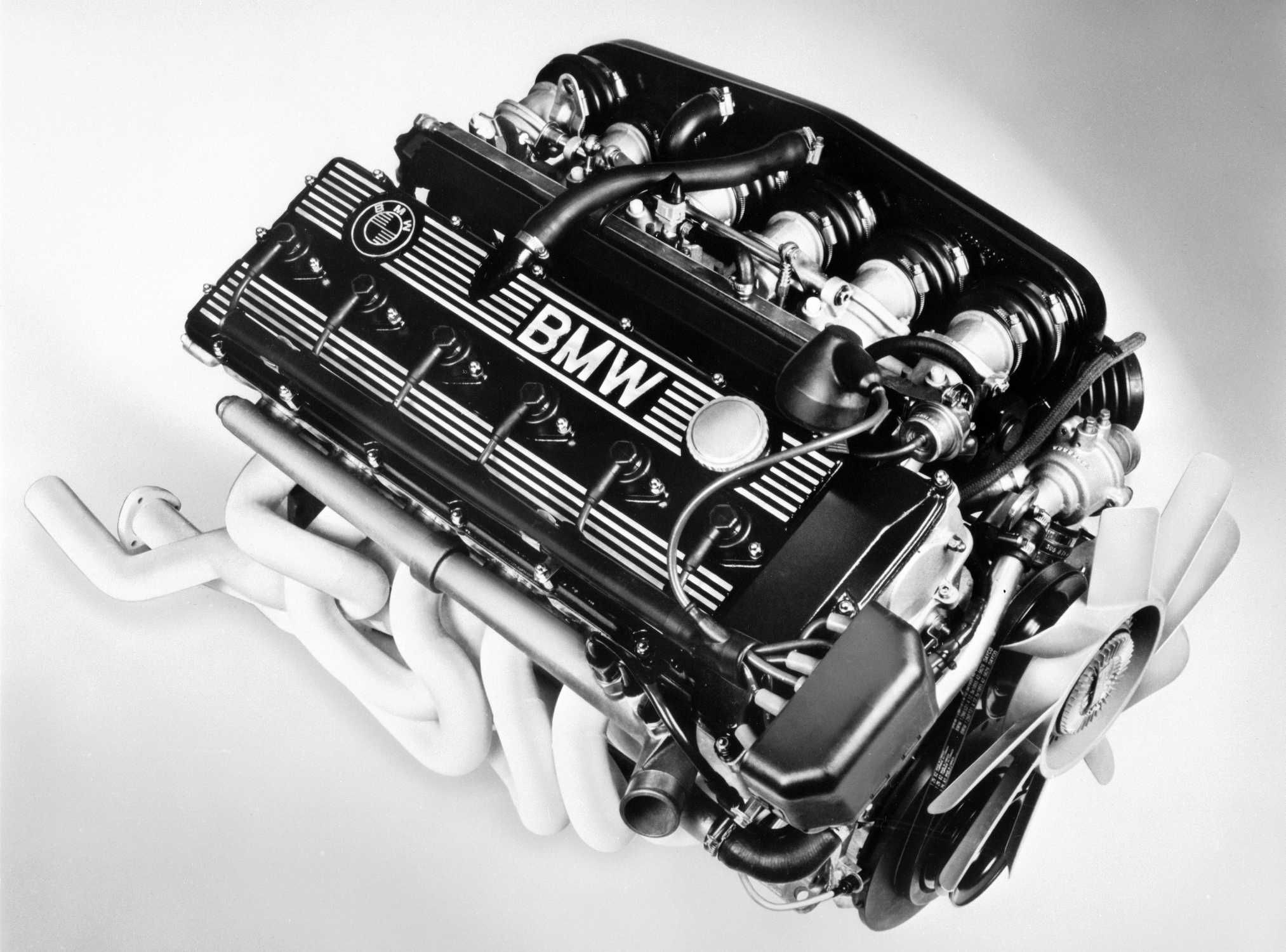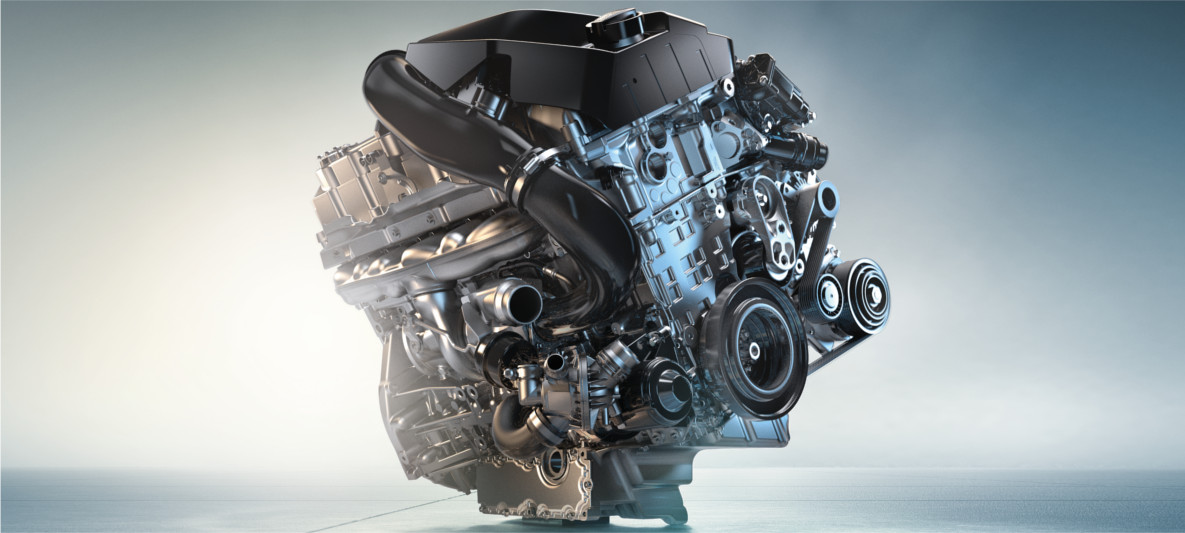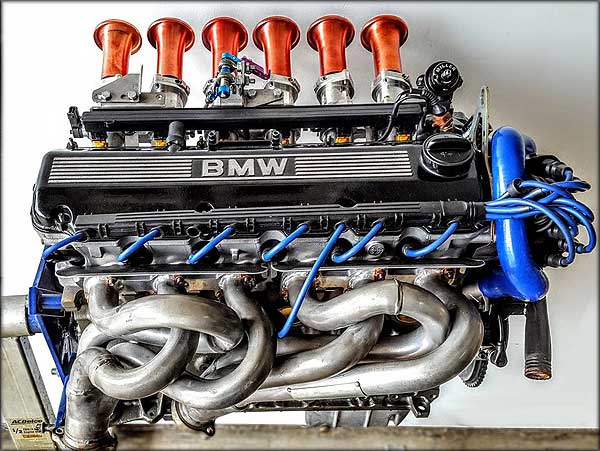The Advancement of the BMW Engine: A Look Back at Iconic Versions
The Advancement of the BMW Engine: A Look Back at Iconic Versions
Blog Article
Introducing the Intricacies of Next-Generation Power Units: a Deep Dive Into Advanced Engine Innovations and layouts
As we stand on the precipice of a new period in transportation, the intricacies of next-generation engine styles beckon us to check out the advanced technologies and developments that guarantee to redefine the driving experience. Diving much deeper into the realms of emission control, smart engine administration systems, and the perspective of power system growth, we find ourselves on the cusp of a makeover that assures to reshape the landscape of mobility as we understand it.
Evolution of Engine Materials

The change in the direction of advanced engine materials has likewise enabled engineers to design engines with greater power outcomes while maintaining fuel performance criteria. For instance, using light-weight products minimizes the overall weight of the engine, causing boosted fuel economic climate and lower exhausts. In addition, advancements in products innovation have permitted better thermal management within engines, resulting in enhanced reliability and longevity.
Turbocharging and Supercharging Technologies
Just How do Turbocharging and Supercharging Technologies reinvent engine performance and efficiency in modern cars? Turbo charging and turbocharging are technologies that substantially improve engine efficiency by boosting the amount of air consumption into the burning chamber. Turbocharging accomplishes this by utilizing a generator driven by exhaust gases to pressurize the intake air, while turbo charging utilizes a belt- or chain-driven compressor to attain the same impact.
These innovations allow smaller sized, a lot more fuel-efficient engines to produce power comparable to bigger ones, called downsizing. Forcibly more air right into the cylinders, turbocharging and turbo charging boost combustion performance, resulting in boosted horse power and torque outcome without a substantial boost in engine dimension. This results in far better acceleration, hauling ability, and overall driving efficiency.
Furthermore, supercharging and turbocharging add to boosted fuel effectiveness by permitting the use of smaller sized engines that take in much less fuel under typical driving problems - bmw engine. This mix of enhanced efficiency and performance has actually made turbocharging and supercharging indispensable elements of many modern-day engine styles
Exhaust Control and Environmental Influence
With increasing international issues relating to air top quality and ecological sustainability, the execution of emission control modern technologies in lorries plays an important duty in reducing damaging important site contaminants launched right into the environment. Modern automobiles are outfitted with innovative emission control systems that help minimize the ecological influence of automotive procedures. Catalytic converters, as an example, are made to transform toxic gases such as carbon monoxide, nitrogen oxides, and hydrocarbons right into less damaging compounds like carbon dioxide and water vapor.
Moreover, innovations in engine technology, such as the assimilation of exhaust gas recirculation systems and discerning catalytic decrease, have actually substantially added to lowering exhausts. These innovations operate in tandem to maximize burning performance and decrease the launch of dangerous contaminants into the air. Additionally, the advancement of crossbreed and electric vehicles stands for an essential action towards reducing the total ecological footprint of the transport market.
Intelligent Engine Monitoring Equipment

In addition, these systems allow vehicles to fulfill strict exhausts requirements without compromising performance, supplying a more eco-friendly driving experience. The assimilation of expert system and equipment learning abilities in engine management systems remains to press the limits of what is possible, bring about further enhancements in efficiency, dependability, and total vehicle performance. bmw engine. As vehicle technology developments, smart engine management systems will certainly play an essential duty fit the future of transport towards a more efficient and lasting direction
Future Trends in Power Unit Advancement
As intelligent engine administration systems pave the way for enhanced control and optimization in modern vehicles, future trends in power device growth are positioned to redefine the landscape of automotive propulsion modern technologies. These alternate power resources provide enhanced efficiency and efficiency while lining up with rigid environmental regulations.
Another substantial fad is the combination of sophisticated materials and manufacturing methods. Light-weight products such as carbon fiber and light weight aluminum are being used to minimize general lorry weight, improving fuel efficiency and efficiency. In see post addition, advancements in 3D printing and additive production are making it possible for the production of complex engine parts with higher accuracy and longevity.
In addition, expert system and artificial intelligence are playing an important duty in optimizing power device performance. These technologies permit real-time monitoring and flexible control, leading to more reliable and trustworthy power delivery. Generally, future fads in power system growth are geared in the direction of effectiveness, efficiency, and sustainability, driving the auto market in the direction of a new age of propulsion modern technologies.

Verdict
In verdict, the developments in engine products, turbocharging, discharge control, and intelligent management systems have led the means for next-generation power devices. The detailed layouts and advancements in modern engines showcase the ongoing advancement of automobile technology.
Discovering the modern improvements in engine products has actually been essential in improving the efficiency and effectiveness of modern-day engines. Over the years, the evolution of engine materials has played a vital function in pressing the borders of what engines can achieve.The shift in the direction of progressed engine products has likewise enabled engineers to design engines with greater power outputs while maintaining fuel performance requirements.The implementation of smart engine monitoring systems in contemporary automobiles has transformed the means engines are controlled and enhanced for performance and performance. By collecting data in real-time and evaluating it with advanced algorithms, smart engine administration systems can adjust to driving styles, environmental factors, and engine health to make best use of power output while lessening gas consumption and emissions.
Report this page